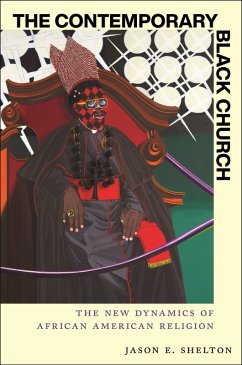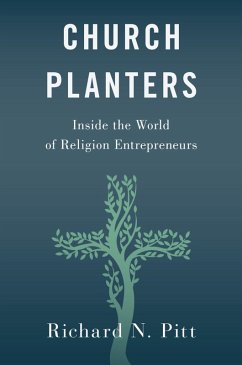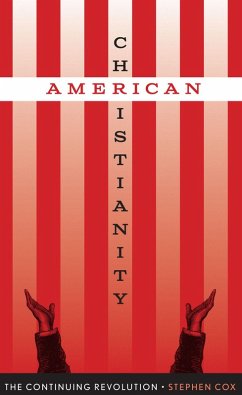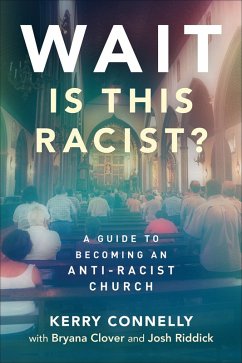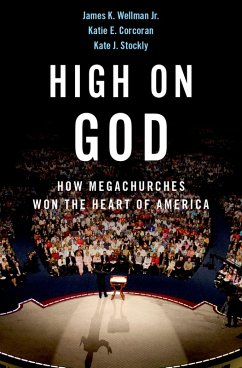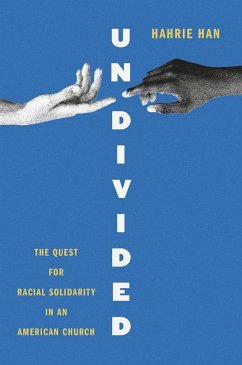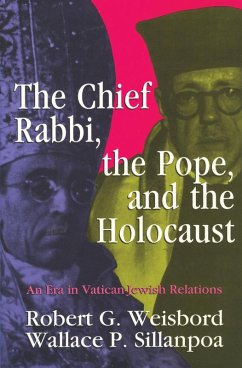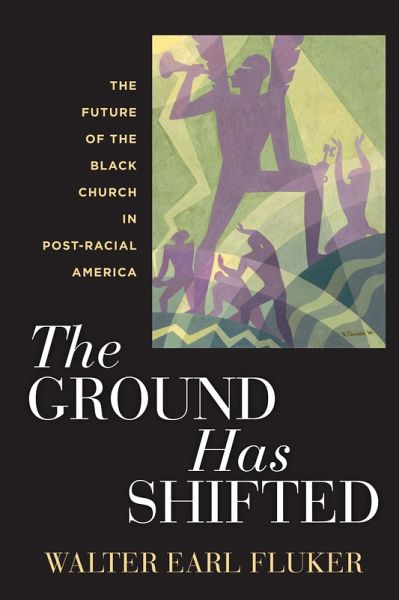
The Ground Has Shifted (eBook, ePUB)
The Future of the Black Church in Post-Racial America
Versandkostenfrei!
Sofort per Download lieferbar
20,95 €
inkl. MwSt.
Weitere Ausgaben:

PAYBACK Punkte
10 °P sammeln!
Honorable Mention, Theology and Religious Studies PROSE Award A powerful insight into the historical and cultural roles of the Black churchIf we are in a post-racial era, then what is the future of the Black Church? If the US will at some time in the future be free from discrimination and prejudices that are based on race how will that affect the church's very identity?In The Ground Has Shifted, Walter Earl Fluker passionately and thoroughly discusses the historical and current role of the Black church and argues that the older race-based language and metaphors of religious discourse have outl...
Honorable Mention, Theology and Religious Studies PROSE Award
A powerful insight into the historical and cultural roles of the Black church
If we are in a post-racial era, then what is the future of the Black Church? If the US will at some time in the future be free from discrimination and prejudices that are based on race how will that affect the church's very identity?
In The Ground Has Shifted, Walter Earl Fluker passionately and thoroughly discusses the historical and current role of the Black church and argues that the older race-based language and metaphors of religious discourse have outlived their utility. He offers instead a larger, global vision for the Black church that focuses on young Black men and other disenfranchised groups who have been left behind in a world of globalized capital.
Lyrically written with an emphasis on the dynamic and fluid movement of life itself, Fluker argues that the church must find new ways to use race as an emancipatory instrument if it is to remain central in Black life, and he points the way for a new generation of church leaders, scholars and activists to reclaim the Black church's historical identity and to turn to the task of infusing character, civility, and a sense of community among its congregants.
A powerful insight into the historical and cultural roles of the Black church
If we are in a post-racial era, then what is the future of the Black Church? If the US will at some time in the future be free from discrimination and prejudices that are based on race how will that affect the church's very identity?
In The Ground Has Shifted, Walter Earl Fluker passionately and thoroughly discusses the historical and current role of the Black church and argues that the older race-based language and metaphors of religious discourse have outlived their utility. He offers instead a larger, global vision for the Black church that focuses on young Black men and other disenfranchised groups who have been left behind in a world of globalized capital.
Lyrically written with an emphasis on the dynamic and fluid movement of life itself, Fluker argues that the church must find new ways to use race as an emancipatory instrument if it is to remain central in Black life, and he points the way for a new generation of church leaders, scholars and activists to reclaim the Black church's historical identity and to turn to the task of infusing character, civility, and a sense of community among its congregants.
Dieser Download kann aus rechtlichen Gründen nur mit Rechnungsadresse in A, D ausgeliefert werden.




